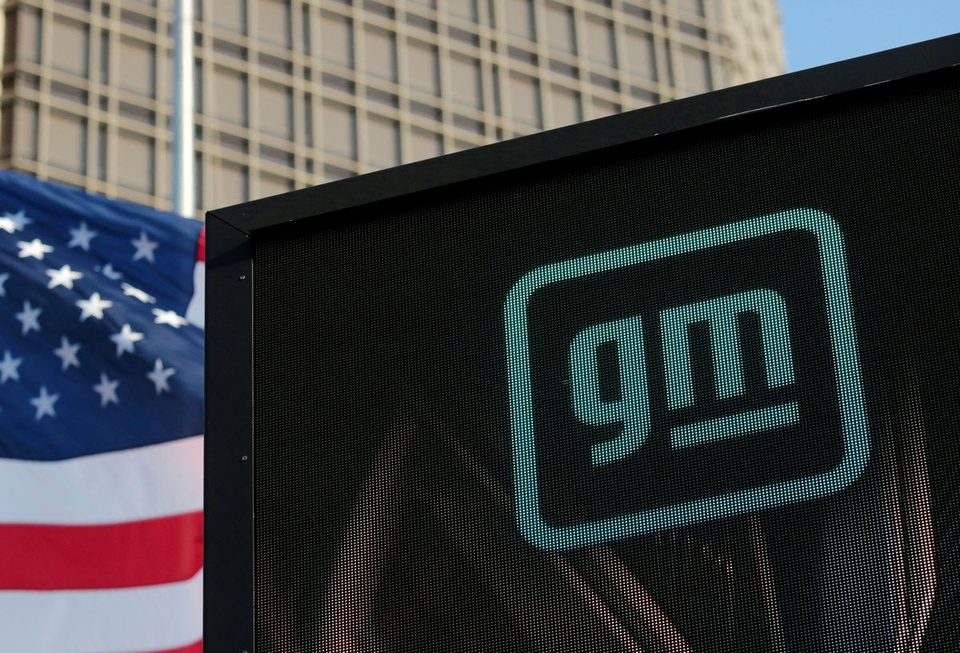
|
The automotive industry is in flux due to President Donald Trump’s new tariff policies on imported vehicles. Both foreign and domestic automakers are feeling the impact, with General Motors and Stellantis being the latest to adjust their production strategies.
General Motors Reduces Output in Canada
According to Carscoops, General Motors is cutting back on auto production in Canada, with the Oshawa Assembly plant in Ontario reducing its operations to two shifts. The automaker is reorganizing the plant’s activities to focus on “more trucks built in Canada for Canadian customers.” This also means that General Motors will be importing fewer Chevrolet Silverado pickups from Canada into the US.
Despite the reduction to two shifts, the Oshawa Assembly plant is assured to remain operational. General Motors has confirmed that the plant will produce the next-generation gasoline-powered pickup models. The company affirmed its commitment to Canada by highlighting its century-long presence in the country since 1918.
|
|
However, the National Union of Labor in Canada (Unifor National) expressed outrage at this decision. Its president, Lana Payne, vowed to not let General Motors compromise Canadian jobs to appease President Trump. She stated that the cut to the third shift at the Oshawa Assembly plant was a “reckless decision” that would hurt Unifor members and potentially affect the entire auto parts supply network.
Payne argued that Trump’s tariffs were designed to crush Canada’s manufacturing industry and that General Motors must honor its commitments. She gave the company six months to rectify the situation, emphasizing that job losses would result from this decision. CBC News estimated that General Motors’ move could lead to unemployment for around 700 people in Canada.
|
|
Additionally, General Motors has temporarily halted production at its CAMI Assembly plant in Ingersoll, Ontario, Canada. This facility is responsible for producing the BrightDrop electric delivery vans, and workers are expected to return for a short period in May before production pauses again for restructuring.
Stellantis Relocates Truck Production to the US
Carscoops also reported that Stellantis, one of the Big Three in the American automotive industry, is relocating a portion of its truck production from Mexico to the US. This shift comes as Stellantis grapples with challenges in Canada, where its Ontario plant will be closed for a week.
Stellantis’ CFO, Doug Ostermann, stated that in addition to relocating truck production to the US, the company aims to modify its parts supply chain to increase the localization of its vehicles. Recent changes in the Trump administration’s policies allow US automakers to apply for tax refunds depending on the localization rate of their vehicles, as per the US-Mexico-Canada Agreement (USMCA).
The Globe and Mail explained that this tax refund is worth 3.75% of the retail value of the vehicles in the first year and drops to 2.5% in the second year. Ostermann shared that Stellantis’ US-made vehicles currently have about 80% localization under the USMCA rules. If they can increase localization to 85%, the tax refund for the first year would offset the costs incurred from the 15% tariff on the remaining imported parts.
|
|
“We are very active in addressing this issue. Some suppliers may have surplus capacity in the US and can switch relatively quickly, while others will take more time,” Ostermann said. Stellantis has not provided any information on the number of trucks that could be produced in the US as a result of this shift.
Earlier this week, it was revealed that Stellantis would temporarily halt production at its Windsor, Ontario, Canada plant for a week starting May 5. This facility produces the Dodge Charger and Chrysler Pacifica models and had previously closed for two weeks in April as Stellantis assessed the impact of the US’s new tariff policies.
Suggested Reading for Your Commute
Our Cars section recommends captivating book titles on various topics. During your journeys in your vehicles, these books can be engaging companions for those moments of relaxation.
“VinFast Expands its Domestic Supplier Network”
With a vision to foster growth and contribute to a robust and united Vietnamese business community, VinFast is set to host a conference titled “Enhancing Localization and Developing Suppliers for VinFast” on June 9th in Hanoi. This event presents an array of attractive opportunities and commitments, all geared towards strengthening the Vietnamese automotive industry.
VinFast Expands Domestic Supplier Network, Guaranteeing Output Procurement.
VinFast is set to host a groundbreaking conference, “Enhancing Localization and Developing Suppliers for VinFast,” on June 9th in Hanoi. This event presents a unique opportunity for Vietnamese businesses to unite and strengthen the country’s automotive industry. With VinFast’s attractive commitments and initiatives, this conference aims to foster a robust and united community of Vietnamese enterprises, working together to drive the nation’s automotive sector forward.













































